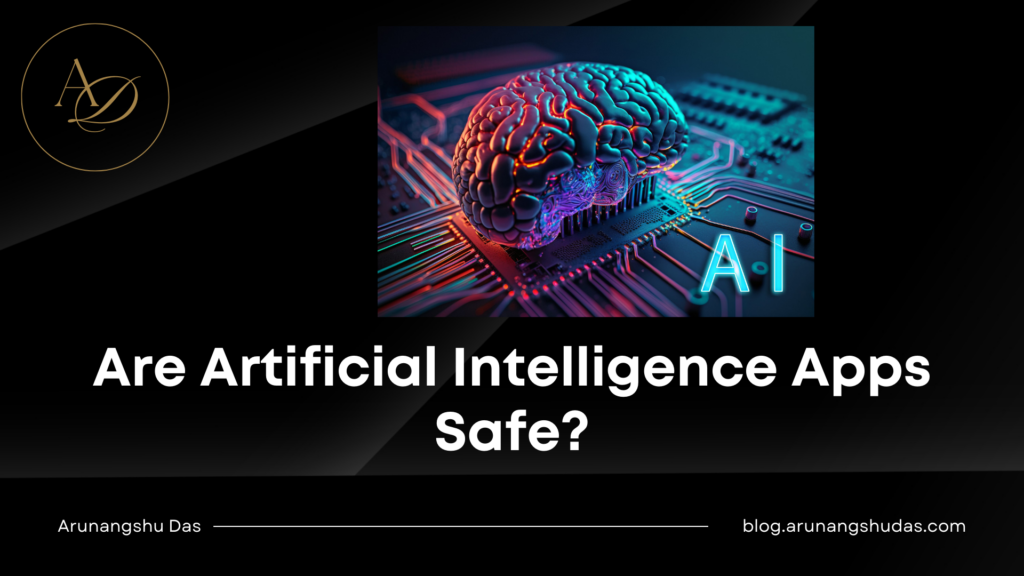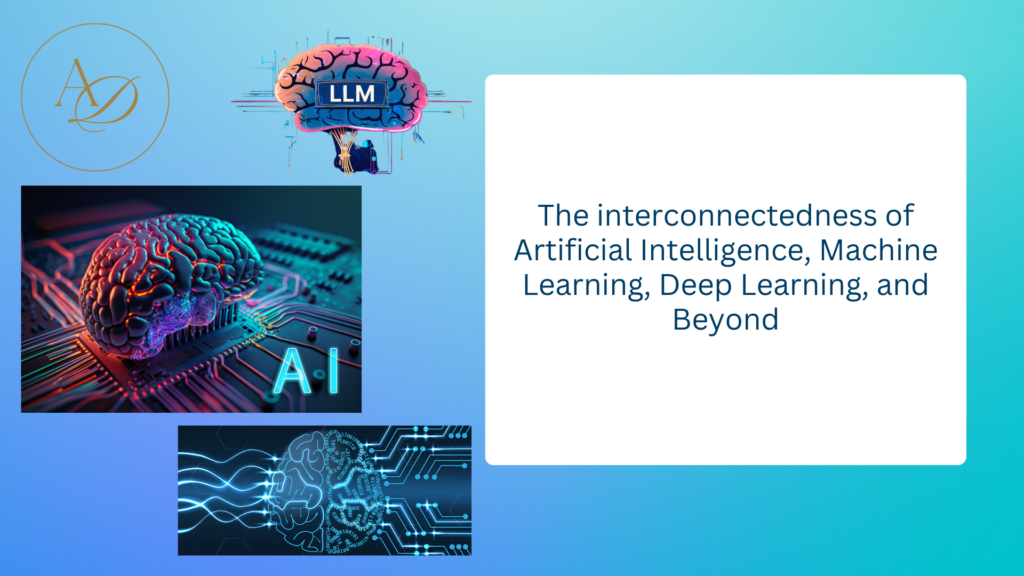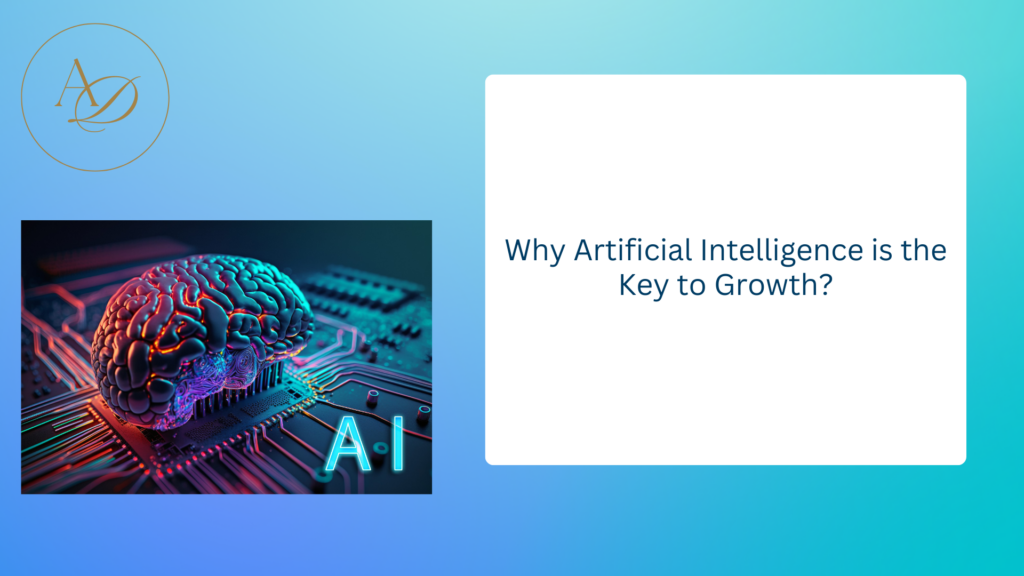In recent years, artificial intelligence (AI) has become increasingly integrated into various aspects of our lives, from virtual assistants on our smartphones to complex algorithms powering recommendation systems and autonomous vehicles. While AI offers numerous benefits, there are also concerns regarding its safety and potential risks.
Understanding Artificial Intelligence:
Before delving into the safety aspects, it’s crucial to understand what artificial intelligence is and how it works. AI refers to the simulation of human intelligence processes by machines, particularly computer systems. These processes include learning (the acquisition of information and rules for using that information), reasoning (using rules to reach approximate or definite conclusions), and self-correction.
AI applications encompass a wide range of technologies, including machine learning, natural language processing, computer vision, and robotics. These technologies enable AI systems to perform tasks that traditionally require human intelligence, such as recognizing speech, identifying patterns in data, and making decisions.
Benefits of Artificial Intelligence Apps:
Artificial intelligence applications have revolutionized various industries and aspects of our daily lives, offering numerous benefits:
- Increased Efficiency: AI-powered systems can automate repetitive tasks, thereby enhancing productivity and efficiency in various domains, including manufacturing, healthcare, and customer service.
- Personalization: AI algorithms analyze vast amounts of data to understand user preferences and behaviors, enabling personalized recommendations and experiences in e-commerce, entertainment, and content delivery platforms.
- Improved Healthcare: AI is transforming healthcare by assisting in diagnosis, treatment planning, drug discovery, and patient care management. Medical imaging AI, for example, can aid radiologists in detecting abnormalities in medical scans with greater accuracy.
- Enhanced Safety and Security: AI systems are employed for surveillance, threat detection, and cybersecurity, helping to identify and mitigate potential risks and threats in real time.
- Innovation and Creativity: AI algorithms can generate novel ideas, designs, and artworks, fostering creativity and innovation in fields such as art, music, and design.

Risks and Concerns:
While artificial intelligence offers significant advantages, there are several risks and concerns associated with its use:
- Bias and Fairness: AI algorithms can perpetuate or amplify existing biases present in the data used for training. This can lead to discriminatory outcomes, particularly in sensitive areas such as hiring, lending, and criminal justice.
- Privacy Concerns: AI applications often rely on vast amounts of user data, raising concerns about privacy infringement and data misuse. Unauthorized access to sensitive information can result in identity theft, surveillance, and breaches of confidentiality.
- Safety and Reliability: AI systems, especially those used in autonomous vehicles, healthcare, and critical infrastructure, must operate safely and reliably. Errors or malfunctions in these systems can have catastrophic consequences, leading to accidents, injuries, or loss of life.
- Security Vulnerabilities: AI algorithms are susceptible to adversarial attacks, where malicious actors manipulate input data to deceive the system and cause it to make incorrect decisions. This poses significant security risks, particularly in applications such as image recognition, natural language processing, and cybersecurity.
- Ethical Dilemmas: The deployment of AI raises complex ethical dilemmas regarding autonomy, accountability, and transparency. Questions arise concerning who is responsible for the actions and decisions of AI systems, as well as the ethical implications of their use in various contexts.
Ensuring Safety and Mitigating Risks:
To address the safety concerns associated with artificial intelligence, various measures can be taken:
- Ethical AI Design: Developers should prioritize ethical considerations throughout the design, development, and deployment of AI systems. This includes promoting fairness, transparency, accountability, and respect for user privacy and autonomy.
- Bias Mitigation: Techniques such as bias detection, data preprocessing, and algorithmic fairness can help mitigate bias in AI systems. Additionally, diverse and representative datasets should be used to train AI models to reduce the risk of discriminatory outcomes.
- Robust Testing and Validation: AI systems should undergo rigorous testing and validation procedures to ensure their safety, reliability, and resilience to adversarial attacks. This includes simulation testing, stress testing, and real-world validation in diverse environments and scenarios.
- Regulatory Oversight: Governments and regulatory bodies play a crucial role in establishing standards, regulations, and guidelines for the responsible development and deployment of AI technologies. These regulations should address safety, privacy, security, and ethical concerns while fostering innovation and competitiveness.
- Continuous Monitoring and Improvement: AI systems should be continuously monitored and updated to address emerging risks, vulnerabilities, and ethical considerations. This involves collecting feedback from users, analyzing system performance, and incorporating new insights and advancements in AI research.

Artificial intelligence applications offer immense potential to transform industries, enhance productivity, and improve quality of life. However, ensuring the safety and responsible use of AI is paramount to mitigate risks and address ethical concerns. By adopting ethical AI principles, implementing robust testing and validation processes, and fostering regulatory oversight and accountability, we can harness the benefits of AI while minimizing its potential harms. Ultimately, the safety of artificial intelligence apps depends on the collective efforts of developers, policymakers, researchers, and society as a whole to prioritize safety, fairness, and ethical considerations in AI development and deployment.





